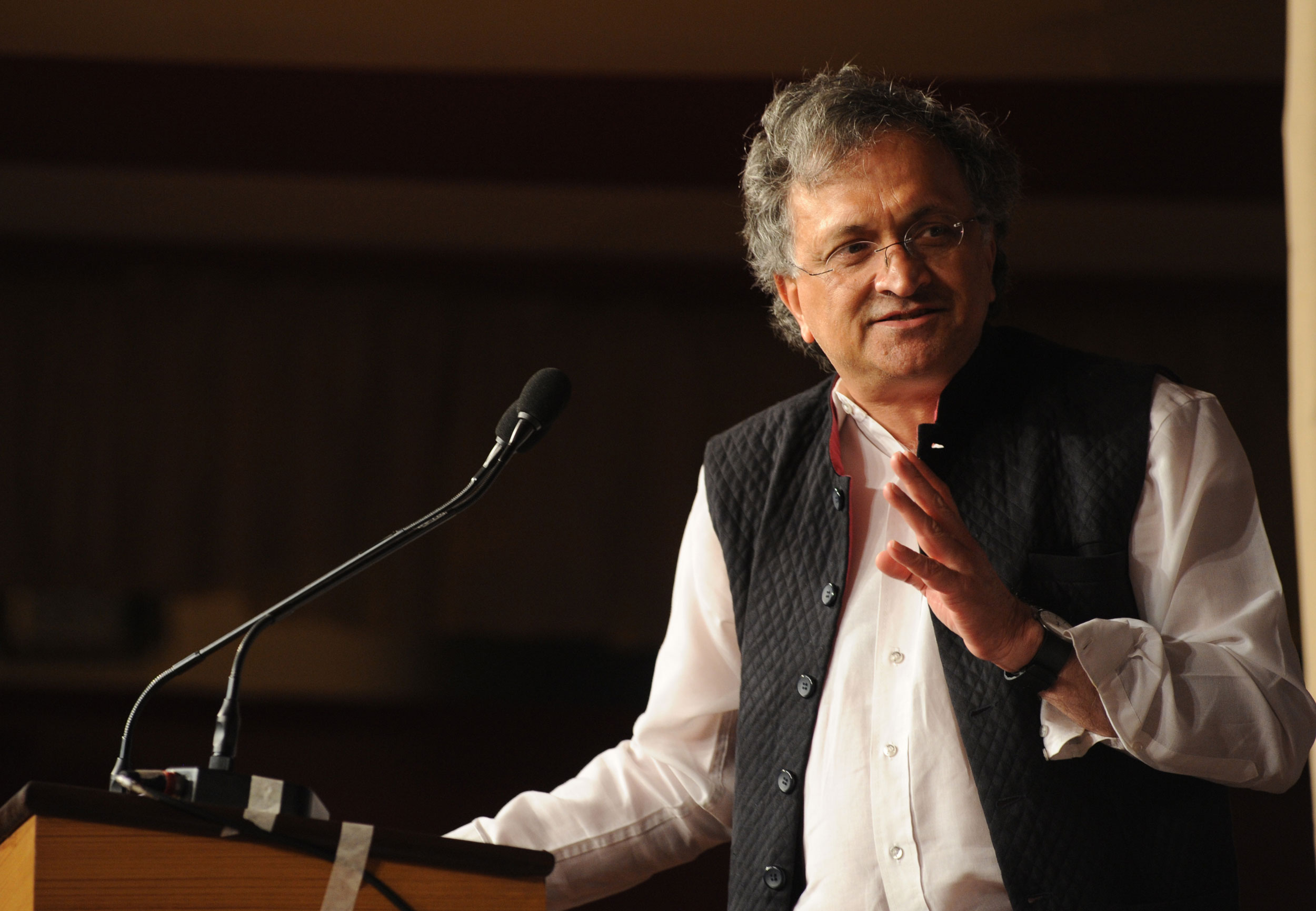Academicians Pratap Bhanu Mehta has said that the Citizenship (Amendment) Bill will transform India into an 'unconstitutional ethnocracy' even as more than 1,000 scholars and scientists signed a petition demanding the legislation to be withdrawn.
The scientists and academicians said the use of religion as a criterion for citizenship in the proposed bill would mark a radical break and would be inconsistent with the basic structure of the Constitution.
The bill was passed in the Lok Sabha after Monday midnight following a fierce debate lasting over seven hours.
The bill seeks to provide Indian citizenship to non-Muslim refugees coming from Pakistan, Bangladesh and Afghanistan after facing religious persecution there.
Civil rights activist Harsh Mander said that if the bill is passed, he will register as a Muslim.
Mandar tweeted: 'I will officially register as a Muslim. I will then refuse to submit any documents to NRC. I will finally demand the same punishment as any undocumented Muslim -- detention centre & withdrawn citizenship. Join this civil disobedience,' Mander tweeted.
Mehta, a signatory to the petition, said the citizenship bill will convert a constitutional democracy into a unconstitutional ethnocracy.
'We can debate the past forever. But with CAB India takes a giant step to officially convert a constitutional democracy into a unconstitutional ethnocracy,' he tweeted.
If CAB is passed, this is my civil disobedience:
— Harsh Mander (@harsh_mander) December 10, 2019
I will officially register Muslim. I will then refuse to submit any documents to NRC. I will finally demand the same punishment as any undocumented Muslim- detention centre & withdrawn citizenship.
Join this civil disobedience
Historian Ramchandra Guha, who has been vocal on BJP policies, slammed Union home minister Amit Shah. Guha said that Shah was a professed Savarakrite and had no issue with Muhammad Ali Jinnah's two-nation theory.
'Savarkar, 1943: I have no quarrel with Mr Jinnah's two-nation theory. We Hindus are a nation by ourselves and it is a historical fact that Hindus and Muslims are two nations'. The home minister, a professed Savarkarite, has no quarrel with Mr Jinnah's two-nation theory either,' Guha tweeted.
Savarkar, 1943: "I have no quarrel with Mr Jinnah's two-nation theory. We Hindus are a nation by ourselves and it is a historical fact that Hindus and Muslims are two nations".
— Ramachandra Guha (@Ram_Guha) December 10, 2019
The Home Minister, a professed Savarkarite, has no quarrel with Mr Jinnah's two-nation theory either.
The petition said the idea of India emerged from the independence movement, and as enshrined in Constitution, is that of a country that aspires to treat people of all faiths equally.
'The use of religion as a criterion for citizenship in the proposed bill would mark a radical break with this history and would be inconsistent with the basic structure of the Constitution. We fear, in particular, that the careful exclusion of Muslims from the ambit of the bill will greatly strain the pluralistic fabric of the country,' the petition noted.
The petitioners include those affiliated to Harvard University, Masachussets University, Indian Institutes of Technology, the Indian Institutes of Science Education and Research, Indian Institute of Science, Delhi University, Chennai Mathematical Institute, International Centre for Theoretical Science, Tata Institute for Fundamental Research, the University of Bonn, Hebrew University of Jerusalem and the University of Oslo.
According to the proposed legislation, members of Hindu, Sikh, Buddhist, Jain, Parsi and Christian communities, who have come from Pakistan, Bangladesh and Afghanistan, till December 31, 2014 facing religious persecution there, will not be treated as illegal immigrants but given Indian citizenship.
The bill, which was passed in the Lok Sabha with 311 members favouring it and 80 voting against it, will now be tabled in the Rajya Sabha on Wednesday for its nod.











